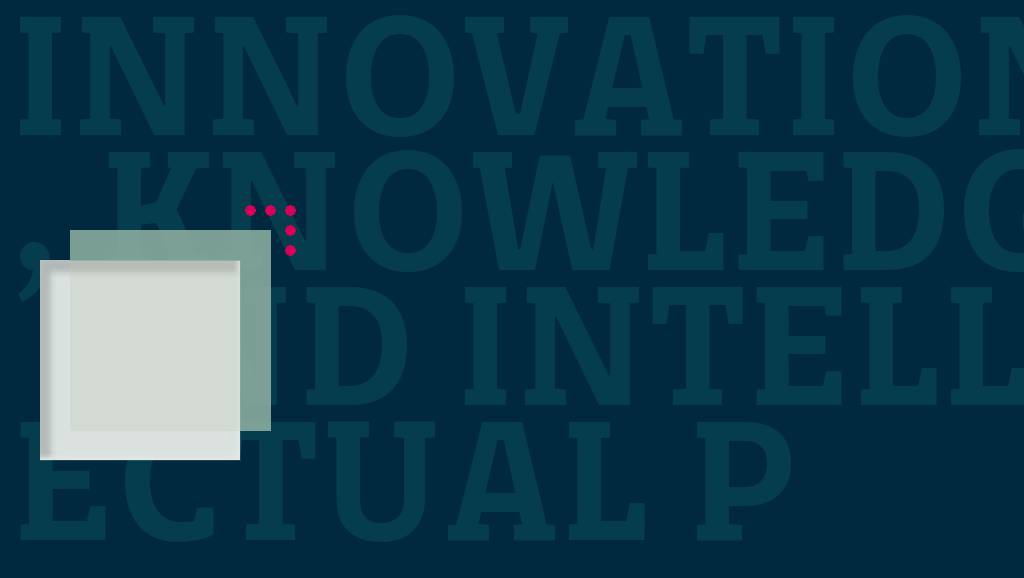Intellectual property is the cornerstone of the modern knowledge economy. Digital information resources, from software to ideas and other creative works, databases, etc… are notoriously characterised by massive fixed costs of original production and low marginal costs of reproduction.
One of the main forms of intellectual property, the patent – a temporary monopoly designed to provide an incentive to innovate – is increasingly being regulated by the World Trade Organisation (WTO) via a a set of rights and obligations which aim to govern the trade and diffusion of technological and intellectual innovation which could potentially limit the possibility to develop high-tech clusters and industrial activities as epitomised by Bangalore, the Indian equivalent of Silicon Valley.
About 160 out the Fortune 500 Companies were outsourcing their software to Indian companies in 1998 and this figure is expected to increase exponentially over the next years. Indian universities produce an average of 400,000 engineers every year from the many Indian Institutes of Technologies spread around the country. And Bill Gates, Microsoft’s Chief Executive, has defined India as the most promising base for software development.
The contention here is that the regulations forthcoming at the WTO risk to hinder such growth in the future for countries wishing to develop via consolidating the presence of knowledge intensive activities (software production, financial analysis, biotechnology and nanotechnology research laboratories) in their economies. The main point of concern identified is the deliberation of a strict system of rules and clauses governing trade relationships between LDCs and developed nations in these area of economic activity. It should be noted that the policy and regulatory instruments being developed are better tailored to the needs of large-scale corporations operating across borders.
The questions that will be addressed in the forthcoming report are: what responsibilities does WTO membership implies? What will be the risks of WTO regulations for countries wishing to imitate the experience of Bangalore? What could be their likely effects on the capacity of these countries to innovate and develop knowledge intensive activities in their economy in the future?
If you have questions or comments about the report e-mail me at:









 [24 Jan 05]
[24 Jan 05]







